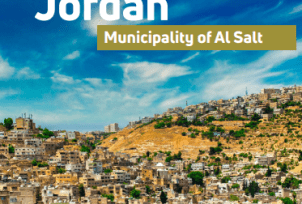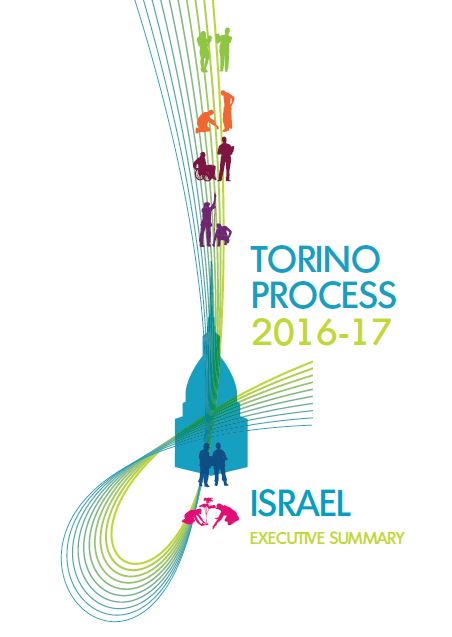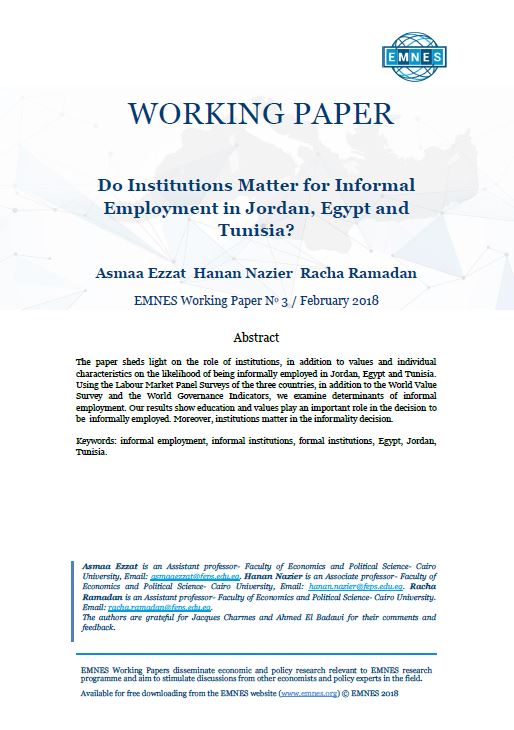Opinion Poll 2018 – regional overview (factsheet)
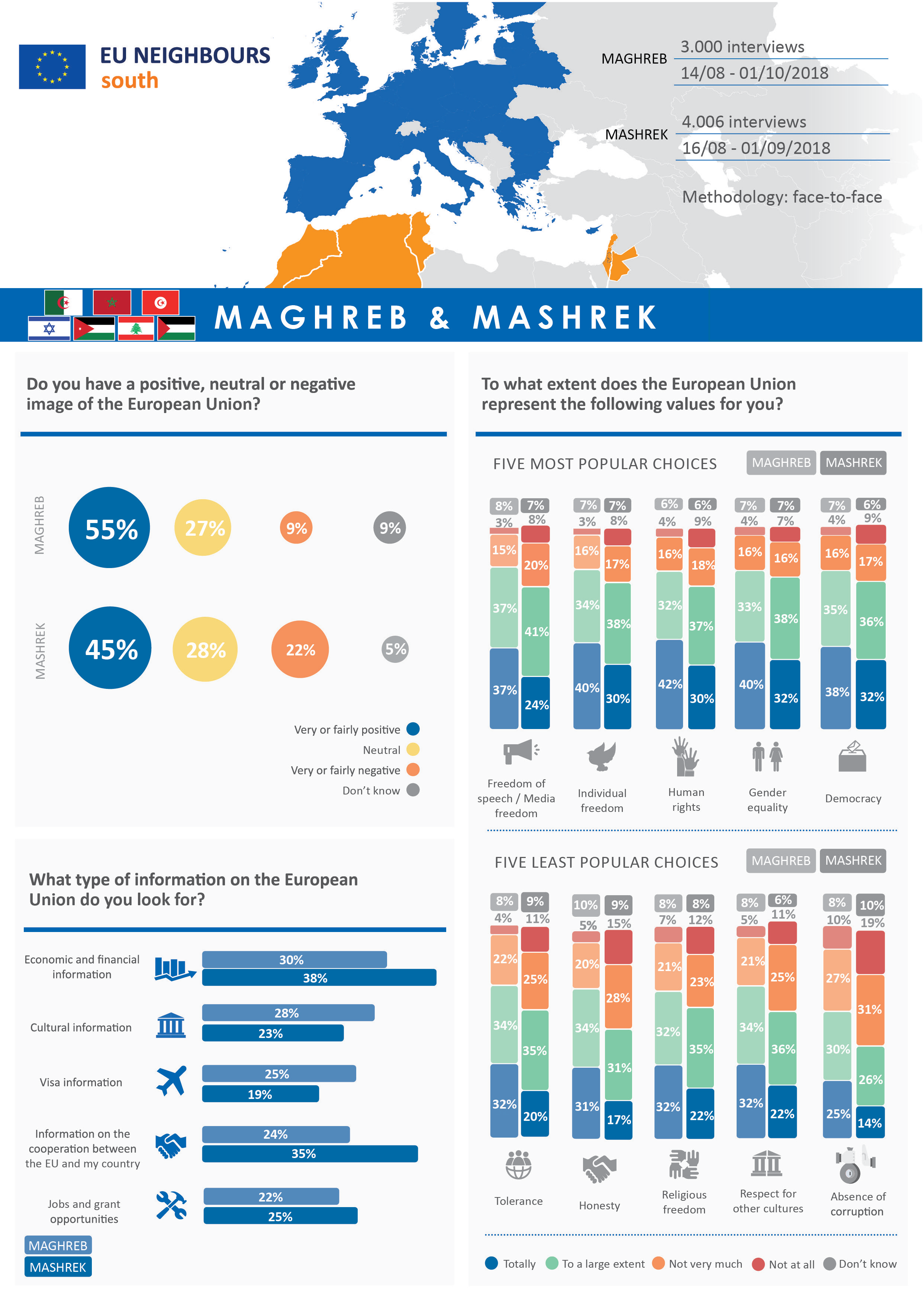
Polls highlight positive views of EU partnership across southern Mediterranean
Most people in the EU’s southern Mediterranean partners feel the European Union has a very or fairly positive relation with their country and they believe EU financial support to be effective. These are just some of the findings of the latest wave of annual opinion polls in the seven southern Mediterranean partner countries, just published by the EU Neighbours South project.
The surveys were conducted from August-October 2018 in three Maghreb countries (Algeria, Morocco and Tunisia), and in four countries of the Mashrek (Jordan, Lebanon, Palestine, and Israel). Respondents were asked about their general perceptions of the EU and the values with which it is associated, about EU relations with their country, and the impact of EU financial support. The surveys also look at preferred sources of information, how people feel about their personal situation and the situation in their country, and their expectations for the future.
In general, citizens in the Maghreb countries were more positive about the EU and its support than those in the Mashrek, matching a more optimistic outlook about their own lives and countries.
Asked to describe relations with the EU, 74% in the Maghreb said they were good, compared to 65% in the Mashrek countries. Sixty per cent of those asked in the Maghreb, and 57% in the Mashrek, felt the EU had a positive influence on the development of their country, while both regions saw EU financial support as being effective (59% Maghreb and 69% Mashrek).
In more general terms, 55% in the Maghreb had a positive image of the EU, compared to 45% in the Mashrek, while 22% in the Mashrek had a negative image and just 9% in the Maghreb. The values most frequently associated with the EU were human rights and freedom of speech or media freedom in Mahgreb, and equality between men and women and individual freedom in Mashrek.
Citizens in the Maghreb countries felt EU support had contributed most to trade (37%) and tourism (34%) in their countries, while in the Mashrek economic development (26%) and tourism (26%) were the most frequently cited areas. In both regions, respondents want the EU to play an even greater role in promoting trade, economic development and human rights.
Most respondents in both regions saw the EU as an important partner (61% Maghreb, 59% Mashrek), with which their country shared sufficient common values to cooperate (59% Maghreb, 61% Mashrek).
In general, respondents in both Maghreb and Mashrek think that the European Union’s image in their national media is positive. On television, sixty-two per cent in Maghreb and forty-seven per cent in Mashrek believe that the image is very to fairly positive, while respectively only five per cent and twelve per cent believe it to be very to fairly negative. Television is followed by websites (49% positive in Maghreb and 41% in Mashrek) and radio (45% positive in Maghreb and 35% in Mashrek).
People across the southern Mediterranean are generally satisfied with their lives (72% in Maghreb compared to 68% in the Mashrek). They are also optimistic for the next 12 months, with 49% in the Maghreb and 35% in the Mashrek expecting their life in general to be better (against 14% and 20% expecting it to be worse).
Latest Publications




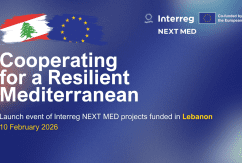

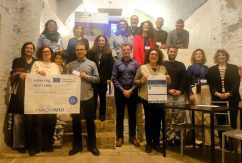

























 Syria
Syria 